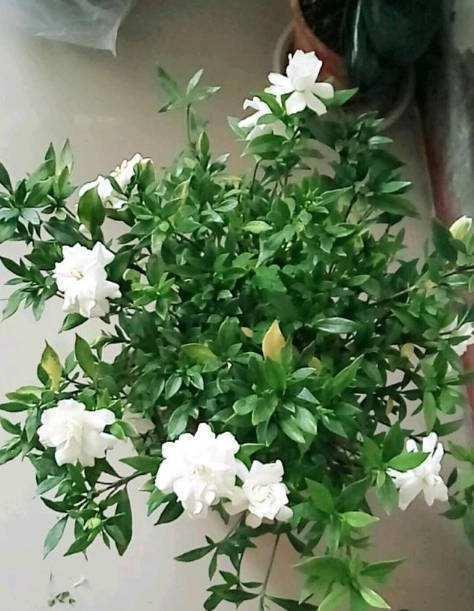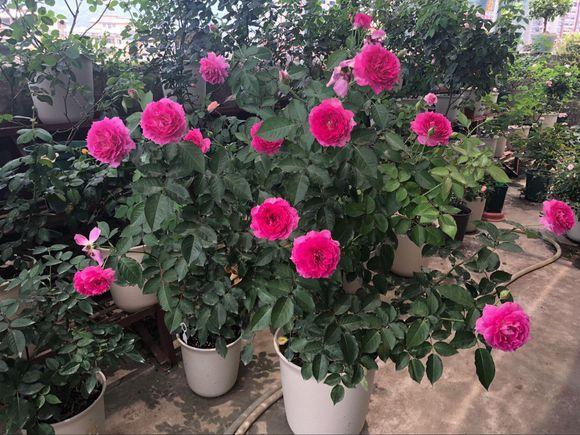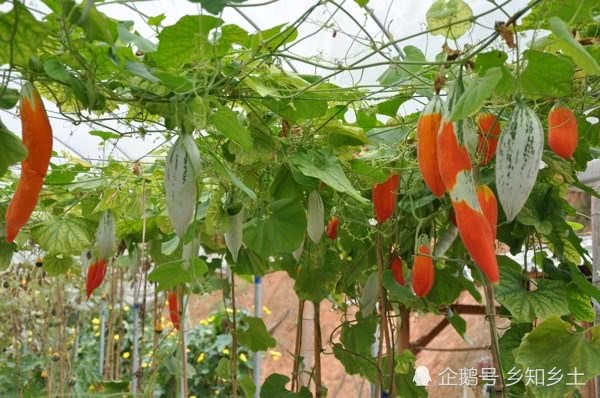The following two kinds of flowers can not be fertilized more in autumn and the overgrowth of leaves will affect the winter.

After a wave of rain some time ago, most places have cooled down, and as the weather turns cooler, it also represents the arrival of autumn. Autumn is not only a harvest season, but also a joyful season for flower growers. Because, autumn is the "peak growing season" for most potted flowers. At this time, the climate is suitable, no matter what difficult to grow flowers, at this time will grow very exuberant. Daily maintenance also saves a lot of worry. There is neither the heat of summer nor the cold of winter, so this time is the best time to grow flowers. Of course, there are some problems that can not be ignored in growing flowers in this autumn. For example, in terms of fertilization, there are several kinds of flowers that are not suitable for more fertilization, otherwise the leaves will "grow only" and it will be difficult to survive the winter.
Gardenia
Gardenia in fact, most of the flowers have finished blooming in autumn, at this time is the adjustment period of potted plants, if adjusted properly, there will be continuous emergence of flowers. Of course, as long as it is properly maintained. Gardenia is generally difficult to raise, especially in the north, gardenias need to pay attention to more details. Take the soil, for example, this flower adapts to the slightly acidic soil environment, while the northern soil is mostly alkaline soil, so the production of nutritious soil should pay attention to this point, adding rotten leaves and other substances to adjust the pH.
Why can't gardenia be fertilized more at this time?
As I have just said, the flowering period of gardenia is basically over and is in the period of self-adjustment. Applying too much fertilizer to gardenia during this period will lead to excessive growth of leaves, affect the re-gestation of flowers, and is not conducive to the opening of flowers in the coming year. It is a good time to prune and change pots and soil in autumn. when gardenia fertilizes too much, it will lead to too exuberant branches and leaves and greatly reduce the beauty of shape. Some overgrown branches and leaves are not conducive to the safe winter of gardenia. After all, the best growth temperature for this flower is 16-18 ℃. Too exuberant leaves will increase the burden on the winter.
Jasmine flower
This flower can not be fertilized, especially in the autumn of the peak growing season, jasmine itself does not need much nutrients, too much fertilization will not only lead to excessive growth of leaves, but also burn the roots of flowers. No matter it is compound fertilizer or rotten barnyard manure and other organic manure, do not apply more organic fertilizer, try to follow the principle of "thin fertilizer and thin fertilizer" in autumn, and apply thin cake fertilizer and water once every two months.
How to maintain jasmine in autumn
Jasmine and gardenia are almost the same, and the flowering period is almost over in September and October, when it is best to cut off the branches of the decayed flowers, which can promote the germination of new techniques at the base and help to control the height of the potted plants. In the coming September, remember to stop fertilizing, the purpose of stopping fertilization is to improve the maturity of branches, which is conducive to overwintering. So remember not to ignore this, florists. Daily maintenance of jasmine, watering should also be paid attention to, you can use fermented rice water instead of tap water, because jasmine and gardenia, like the slightly sour environment. The fermented rice washing water is also acidic, which is most suitable for watering flowers.
This is the end of the knowledge about autumn fertilization. Thank you for your reading!
Remember to like and share.
- Prev

Rose accidentally became Venus can still be saved?
Rose maintenance process, we inevitably hurt each other, not rose thorn hurt our hands, that is, we accidentally broke the rose branches, so that rose into a "Venus", we can not appreciate the defect of the United States bar, arm...
- Next

This melon and fruit can invigorate the blood and strengthen the stomach. Farmers often plant it in the courtyard and pick tender melons to eat raw.
In nature, there are many magical species. They are more unusual than ordinary species, some species are very useful and have no practical value, while others are very unusual in appearance. No matter what their shape is.
Related
- Wuhan Hospital Iron Tree Blooming Result Was Instantly Frightened by the Gardener Master
- Which variety of camellia is the most fragrant and best? Which one do you like best?
- What is the small blue coat, the breeding methods and matters needing attention of the succulent plant
- Dormancy time and maintenance management of succulent plants during dormancy
- Minas succulent how to raise, Minas succulent plant pictures
- What are the varieties of winter succulent plants
- How to raise succulent plants in twelve rolls? let's take a look at some experience of breeding twelve rolls.
- Attention should be paid to water control for succulent plants during dormant period (winter and summer)
- Watering experience of twelve rolls of succulent plants
- Techniques for fertilizing succulent plants. An article will let you know how to fertilize succulent plants.

